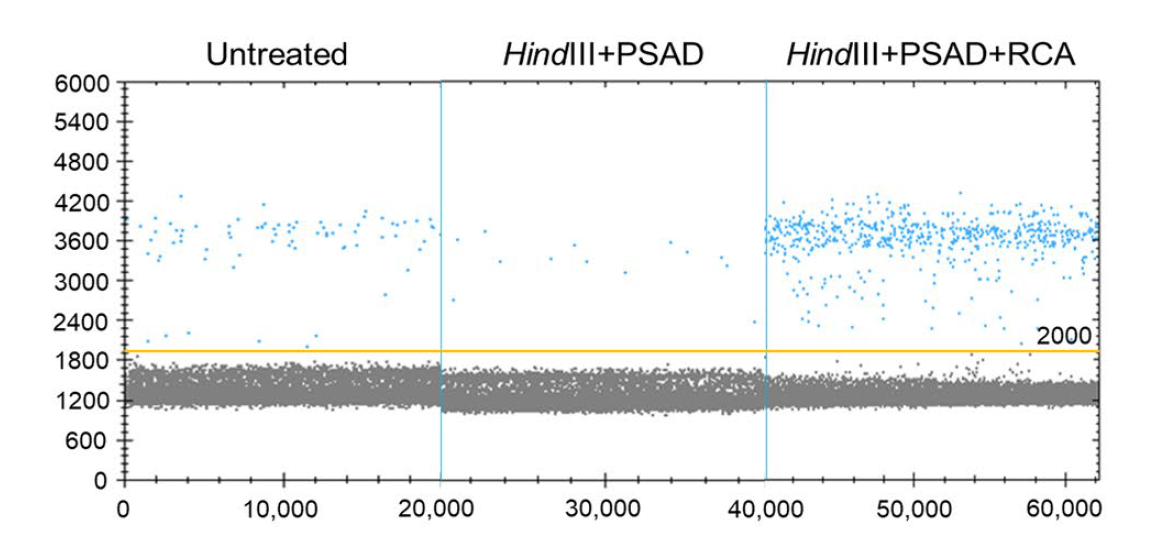release date:2022-06-24
The covalently closed circular DNA (cccDNA) library formed in the liver is the main reason why hepatitis B virus (HBV) is not completely cleared and persistently infected. Recently, Professor Ren Feng's research team from Beijing Youan Hospital, Capital Medical University. Beijing. China published a paper in the international journal Hepatology International (2021 IF=8.586) entitled "CRISPR/Cas13-assisted Hepatitis B Virus Covalently Closed Circular DNA Detection". The paper details the new HBV cccDNA assay, the "CRISPR-based cccDNA assay" (or "RCA-PCR-CRISPR") method established by Prof. Ren Feng's team, which provides a good monitoring tool for clinical It provides a good monitoring tool to evaluate the endpoints of chronic hepatitis B treatment.

In this paper, Professor Feng Ren used the digital PCR product from TargetingOne as a reference standard for assay sensitivity and positive detection rate, which can also test the effectiveness of sample pre-treatment.
In the paper, the sensitivity of the different methods was compared using HBV cccDNA-positive liver tissue as a sample. The results showed that both digital PCR and RCA-PCR-CRISPR reached the highest lower limit of detection of 1copy/μL.

TagretingOne looks forward to more adoption of digital PCR technology used in scientific research.